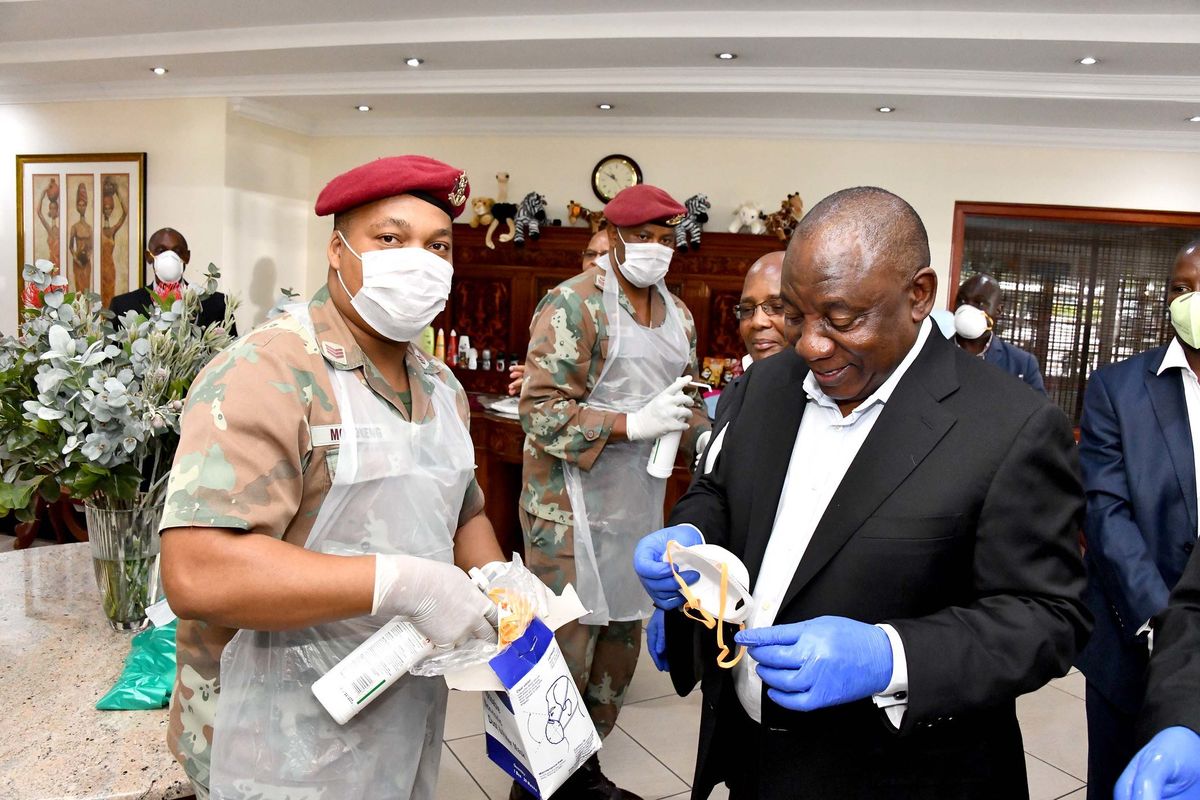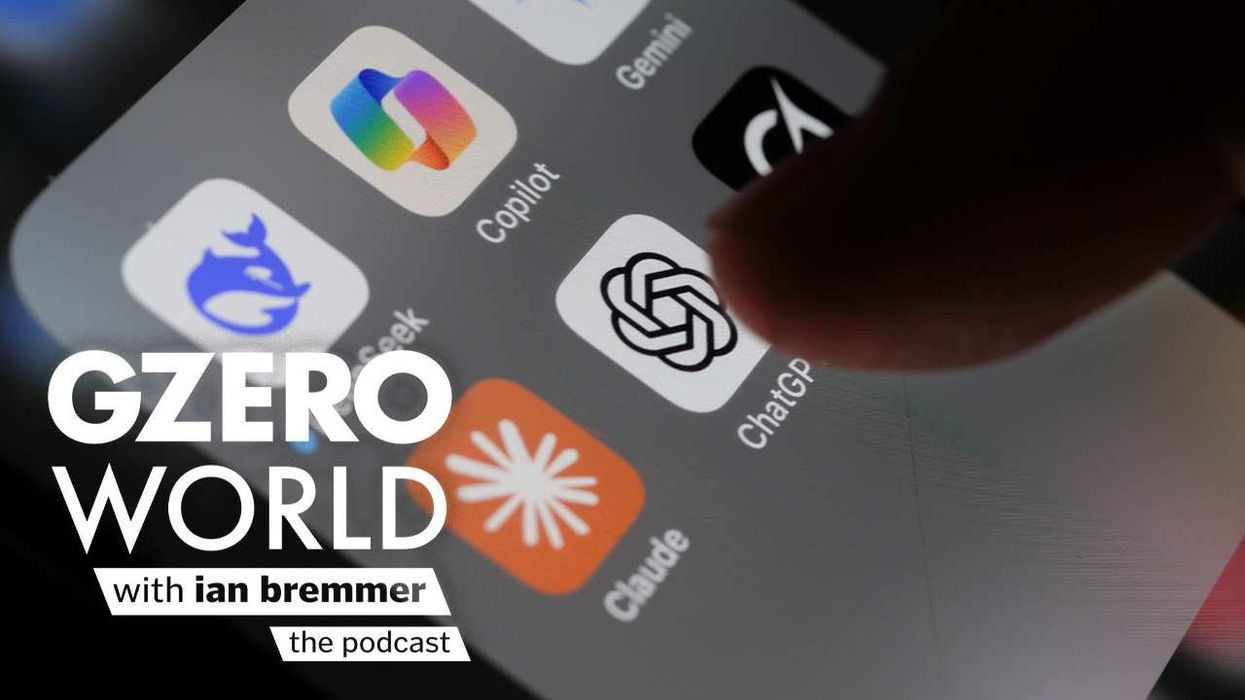A boost for Ramaphosa: Since President Cyril Ramaphosa came to power in South Africa in 2018, factional rivalries inside his own party, the African National Congress (ANC), have undermined the president's attempt to pass much-needed economic reforms. But the unprecedented coronavirus crisis seems to have provided him an opportunity to do just that. Ramaphosa has directed 10 percent of total GDP to a COVID stimulus and rescue package, the largest in South Africa's history, giving him political room to face down powerful unions and freeze public sector wages. And he has approached the World Bank and IMF for crucial financial support. ANC members aligned with former president Jacob Zuma have long rejected any deals with the IMF, in part over fears that the Fund's scrutiny would reveal their party's well-documented corruption. But as further coronavirus-related economic hardship stalks the 50% of South Africa's population who already live in poverty, Ramaphosa's political opponents have stayed largely mum on his plan to increase borrowing from international lenders to weather the crisis. Still, it remains to be seen whether Ramaphosa will seize upon the crisis to try for an even bigger prize: reforming South Africa's bloated and failing state companies.
Help from Japanese gangland: Japan's famed yakuza organized crime groups are reportedly using the coronavirus crisis as an opportunity to boost their image at a time when the public is frustrated with the government's bumbling response. The heavily-tatted mobsters of the yakuza, who specialize in black market trading, extortion, and racketeering, have been using their networks to source and distribute scarce medical supplies to pharmacies and schools, according to the Organized Crime and Corruption Reporting Project. They've also offered their henchmen to assist with disinfection of quarantined cruise ships, in an echo of their (illegal) efforts to help clean up the 2011 Fukushima nuclear disaster. But not all of Japan's underworld is as magnanimous: newer less-centralized crime groups known as "hangure" are using the pandemic to launch price gouging schemes and other scams. Another example of the ways in which government shortcomings in a crisis open the way for all kinds of shadier players.
Lebanese protests resume: Lebanon has done a decent job handling the coronavirus – even if sketchy numbers from the Hezbollah-controlled Ministry of Public Health raise doubts about the official toll of just 22 deaths. But the country's beleaguered economy is faring far less well. Lebanon's government moved swiftly to close schools and non-essential businesses, and enforce strict lockdowns, but those measures have only compounded high youth unemployment rates and hurt an economy that was already crumbling. Even before the outbreak, the World Bank predicted that some 40 percent of Lebanese would be impoverished by the end of 2020. As a result, protesters in Beirut and Tripoli – remember them? – have recently returned to the streets to call for "revolution," demanding an end to corruption. As Lebanon has now extended its lockdown until the end of April, these economic woes will only get worse.


















